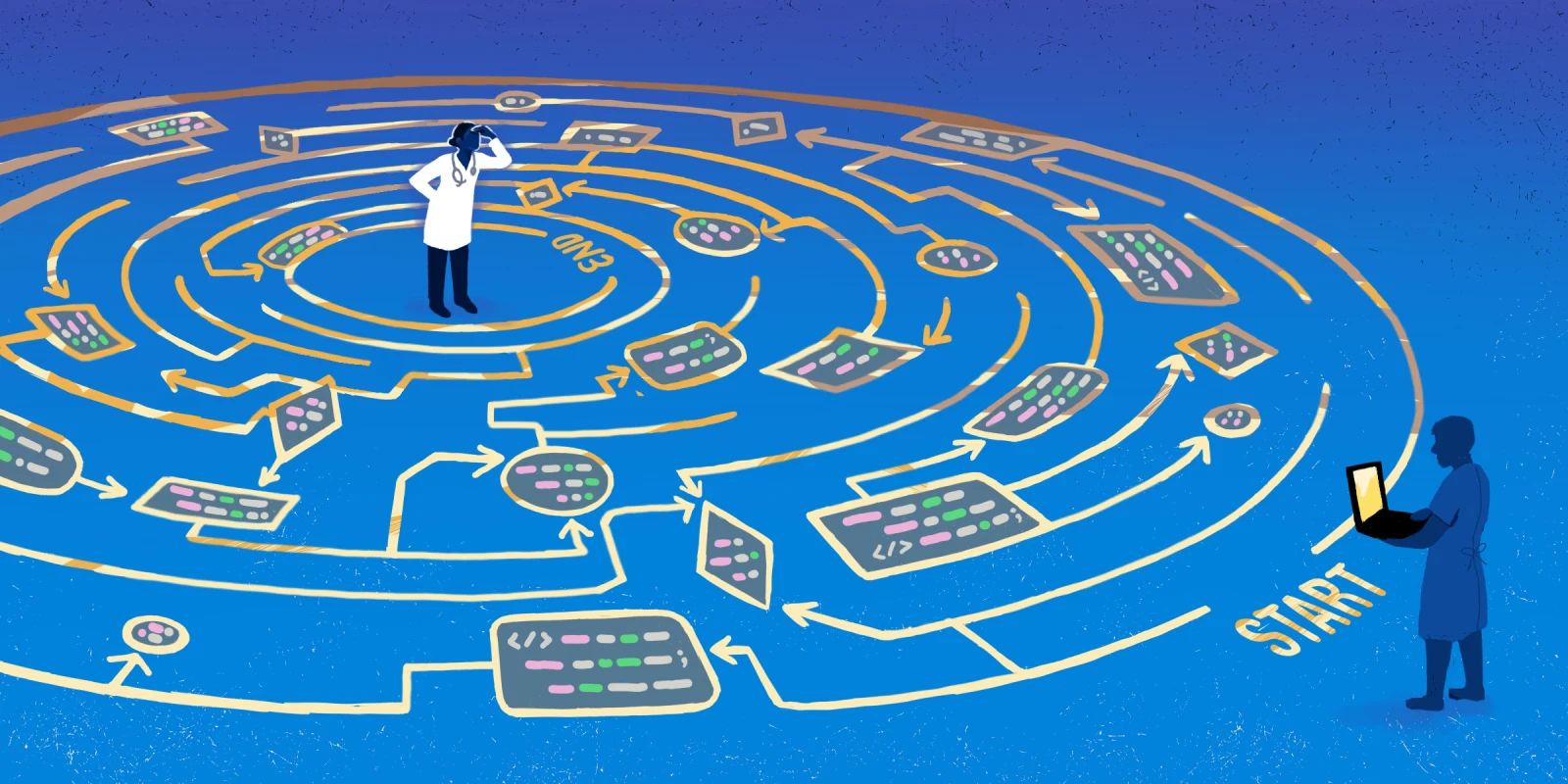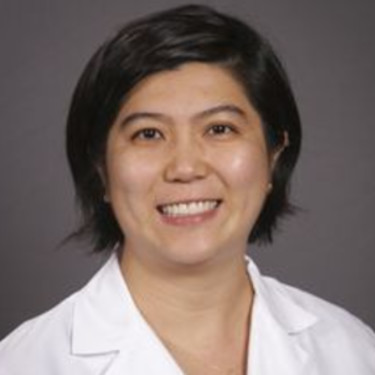There’s a patient who comes to see me every week. Every time we part ways, I say, “OK Susan! See you in a month!” But inevitably, she’ll call on a morning when she knows I’m in the office and my staff will fit her in. She likes to tell me about what she did with her granddaughter that week. She doesn’t have anything terribly wrong with her. She just wants some reassurance. She says, “I’m glad I can always come see you when I need to.” I smile in response. Artificial intelligence can answer phones, write notes, and schedule appointments. Clinical care has moved to shorter visits and telemedicine, and human contact has been replaced with screens, so it’s no wonder she’s glad I am in a brick-and-mortar location every Friday afternoon.
In our increasingly digital world, full of virtual visits and pop-up shops, having a brick-and-mortar office where patients can call and walk in that same day is incredibly reassuring. Even the urgent care on the corner changes clinicians and changes hands every few months. But set out a shingle, stick around for a year, and the patients will come, especially on a Friday afternoon. Being an early-to-mid career surgeon, my office hours and block times are always Fridays and Mondays, the times bookmarking the weekend that no one else wants. But I take some pride in knowing I’m the last face patients see before the weekend and the first one they see when they get back. Or, my face is the last to see their butts, at least.
In the early years of COVID-19, I lamented that I had to go to work when everyone else could work from home. There were some medical specialties where telemedicine easily replaced an office visit — psychiatry, internal medicine, and even bariatric surgery, where visits were frequently discussions of lab values or imaging and not based on physical exams. Sure, when I was in training, I had attendings just look at a CT scan of appendicitis in the middle of the night and say “Book for OR” without ever laying hands on the patient — trusting, of course, that the residents had performed a physical exam.
I ended up in a subspecialty where an accurate diagnosis matters, there’s no blanket treatment for all ails, there’s no CT scan of the inside of the anus, and so few people are even looking in the anorectal area that no one knows what they’re looking at. So I have to look. As a colorectal surgeon, I can formulate multiple hypotheses and come within spitting range of a diagnosis. But, when everyone calls everything a hemorrhoid, the only objective measure is to lay eyes on it myself … and feel it with my educated finger. We still do telemedicine for select patients who are out-of-state, can’t travel, or where imaging is slightly more important than examining the patient, like in cancer cases. But we are surgeons. We are physicians. Even in this increasingly test-dependent world, we are trained first and foremost to take a history … and do a physical examination. So what are we if we cannot lay our healing hands on the patient?
The last thing I’d like to note is that in this day and age, clinicians often have to travel to five different offices, and their schedules change from week to week to maximize productivity. But being in private practice right now, I have a little more say in where I go, and I like being a constant fixture in the community. You’ll find me in the same place at the same time every week. My patients know they can expect a warm welcome from my staff and a thoughtful encounter with me. Although insurance, hospital administration, and EMRs widen the rift, my hope is that we can heal the patient-physician relationship, one human interaction at a time. With each of the 20 or so patients I see, I hope that 10 minutes with my smiling face and caring demeanor will help them as much as any medication I can prescribe. Just recently, I had a patient who was moving out-of-state and he came in to see me, on a Friday, a few hours before the moving truck left. “I wanted to thank you,” he said.
Technology has taken us so far, but we can’t forget where we started and why we’re doing this — which is the people we are here to help. What I thought was an article about the value of reassurance turns out to be about the value of being there … in person.
As Susan leaves the office, she says, “I’m glad you’re here on Fridays.”
I reply with a small wave, “You know where to find me.”
What are your thoughts on in-person vs. virtual visits? Share in the comments.
Dr. Carmen Fong is a writer, artist, and double board-certified general and colorectal surgeon who moved from New York City to Atlanta, Georgia, with her wife and two cats. They recently welcomed a baby daughter. She is the author of Constipation Nation (Rowman & Littlefield, forthcoming 2024), and is currently in private practice as Co-Director of Hemorrhoid Centers of America. Her work has been published online in KevinMD.com, The Apothecary, The Bookends Review, the polyphony, The GoatPol, and BaselineMed.com. She can be found on social media, mostly on Instagram @drcarmenfong, on Substack @hongkongfong, and on Twitter @Carmen_FongMD. When she is not writing or working, she enjoys cooking, drawing cartoons, and reading about the mysteries of the universe. Dr. Fong was a Stony Brook Children’s Literature Fellow and a 2022–2023 Doximity Op-Med Fellow, and continues as a 2023–2024 Doximity Op-Med Fellow.
All names and identifying information have been modified to protect patient privacy.
Illustration by Diana Connolly







